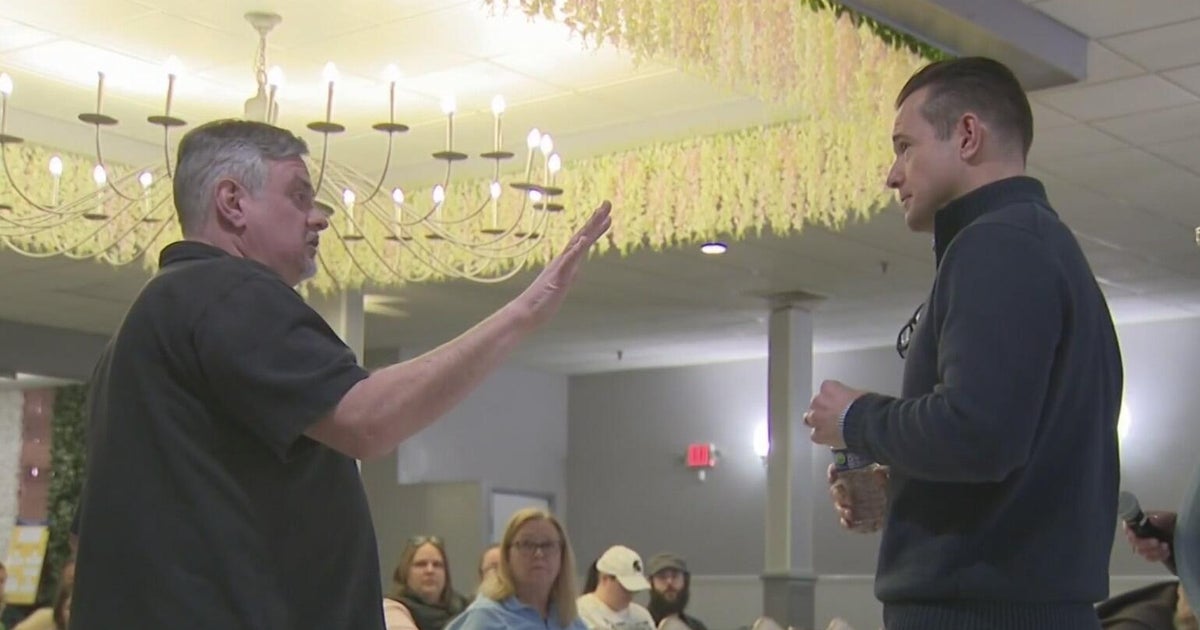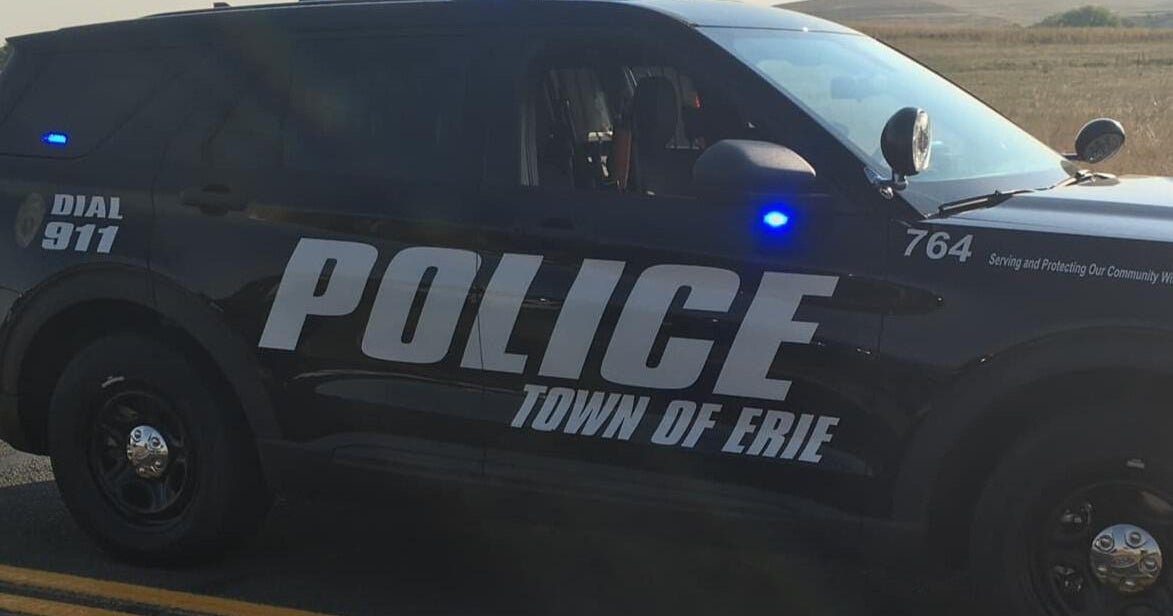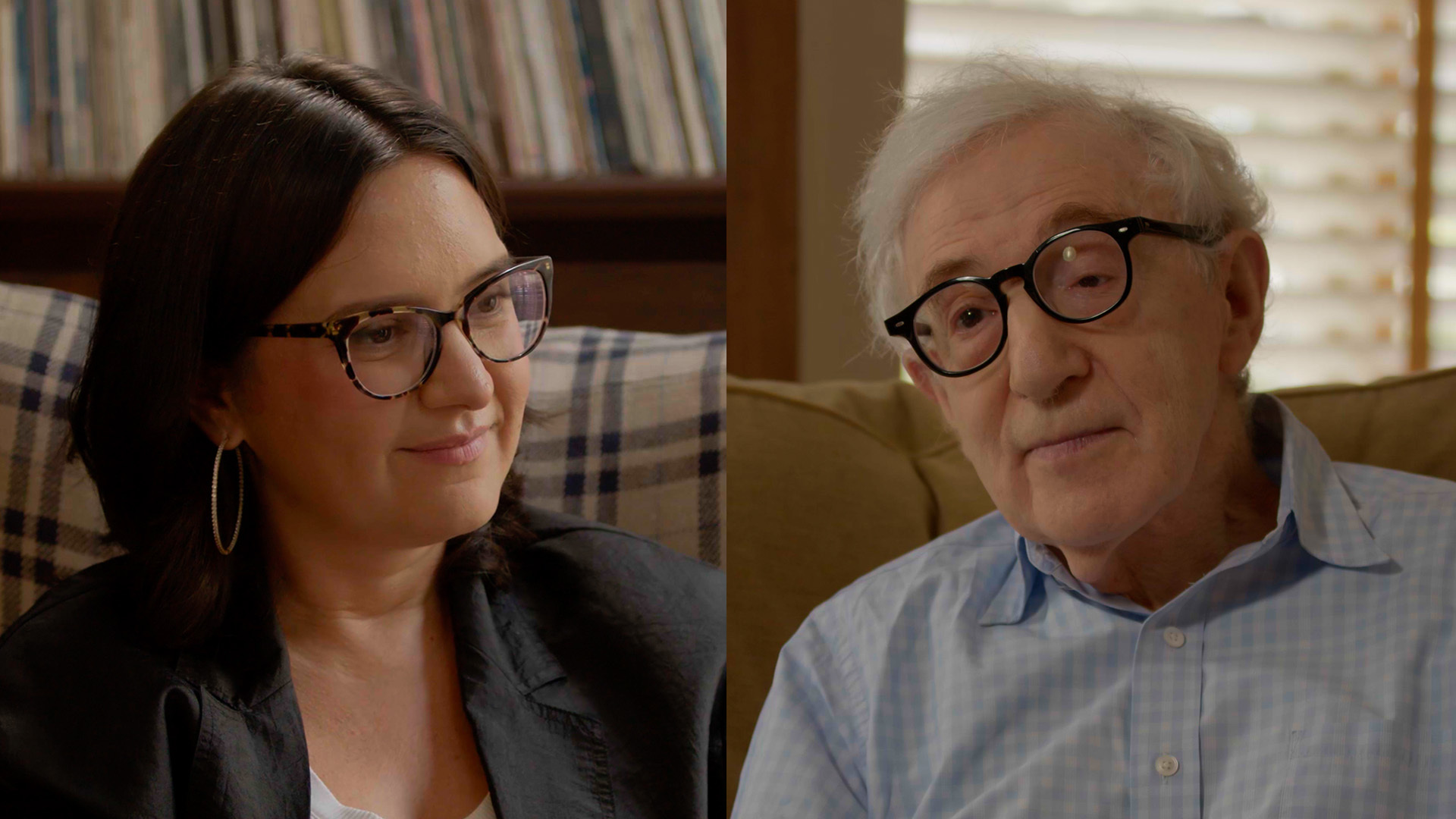Paul Allen, co-founder of Microsoft, dies at 65
Microsoft co-founder Paul Allen died Monday at the age of 65, according to a statement by his company, Vulcan Inc., on behalf of the family. Earlier this month, Allen announced that he was again suffering from non-Hodgkin's lymphoma.
Allen's sister, Jody Allen, said in a statement that her brother was "remarkable individual on every level."
"Paul's family and friends were blessed to experience his wit, warmth, his generosity and deep concern," Allen said. "For all the demands on his schedule, there was always time for family and friends. At this time of loss and grief for us — and so many others — we are profoundly grateful for the care and concern he demonstrated every day."
Vulcan issued a statement saying that everyone who worked with Allen is suffering an "inexpressible loss today."
"Paul's life was diverse and lived with gusto," Vulcan's statement said. "It reflected his myriad interests in technology, music and the arts, biosciences and artificial intelligence, conservation and in the power of shared experience — in a stadium or a neighborhood — to transform individual lives and whole communities."
Allen was a larger-than-life figure in Seattle, where he owned the NFL's Seattle Seahawks. He also owned the Portland Trail Blazers and had a stake in Seattle's Sounders soccer team. Tributes poured in on social media Monday from Seattle leaders, residents and sports stars.
Allen was ranked 44th on Forbes list of billionaires, with a net worth of $21.7 billion.
Allen and Gates met while attending private school in Seattle, and they would later drop out of college together to create a company they called Micro-Soft. They founded the company in 1975 in Albuquerque, New Mexico, and their first product was a computer language for hobbyists.
In a 2011 interview with "60 Minutes," Allen said he and Gates would "actually dive in the dumpsters (at a local computer lab) to try to find listings of the secret inner code of the operating system. And try to figure out how it worked. That's how passionate we were."
They were both coders, but early on Allen emerged as a creative dreamer and Gates as a cold-eyed pragmatist.
They had initial success with the programming languague MS-Basic, and in 1980, IBM -- then moving into personal computers -- asked them to write the operating system.
Gates and company didn't invent the operating system. To meet IBM's needs, they spent $50,000 to buy one known as QDOS from another programmer, Tim Paterson. Eventually the product refined by Microsoft - and renamed DOS, for Disk Operating System - became the core of IBM PCs and their clones, catapulting Microsoft into its dominant position in the PC industry.
The first versions of two classic Microsoft products, Microsoft Word and the Windows operating system, were released in 1983. By 1991, Microsoft's operating systems were used by 93 percent of the world's personal computers.
The Windows operating system is now used on most of the world's desktop computers, and Word is the cornerstone of the company's prevalent Office products.
Gates and Allen became billionaires when Microsoft was thrust onto the throne of technology.
A 1994 CBS News profile got a sample of Gates' management style, which Allen describes as "brow beating" and "personal verbal attacks."
"You had to fight back intensely to stand your ground and make your position and your convictions expressed," Allen told "60 Minutes."
Allen was diagnosed with non-Hodgkin's lymphoma in 1982. Shortly after, Allen left Microsoft. But he got to hold onto all his shares. It's hard to feel sorry for him: He was 30, cured of cancer, and owned nearly a third of Microsoft.
After the company went public, Allen became one of the richest men on Earth, at one point worth an estimated $40 billion.
With his sister in 1986, Paul Allen founded Vulcan, the investment firm that oversees his business and philanthropic efforts. He founded the Allen Institute for Brain Science and the aerospace firm Stratolaunch, which has built a colossal airplane designed to launch satellites into orbit. He has also backed research into nuclear-fusion power.
Over the course of several decades, Allen gave more than $2 billion to a wide range of interests, including ocean health, homelessness and advancing scientific research.
"Millions of people were touched by his generosity, his persistence in pursuit of a better world, and his drive to accomplish as much as he could with the time and resources at his disposal," Vulcan CEO Bill Hilf said in a statement.
Allen was on the list of America's wealthiest people who pledged to give away the bulk of their fortunes to charity. "Those fortunate to achieve great wealth should put it to work for the good of humanity," he said.
Alan also was a commercial space visionary, financing the $10 million Ansari X Prize, which was awarded to legendary aircraft designer Burt Rutan's company, Scaled Composites, which built SpaceShipOne, a winged rocketplane that carried test pilots out of the discernible atmosphere and into space in 2004. Allen then founded Stratolaunch, a company that plans to launch satellites using rockets launched from a giant twin-fuselage aircraft, CBS News space analyst William Harwood reports.
When he released his 2011 memoir, "Idea Man," he allowed 60 Minutes inside his home on Lake Washington, across the water from Seattle, revealing collections that ranged from the guitar Jimi Hendrix played at Woodstock to vintage war planes and a 300-foot yacht with its own submarine.
Allen served as Microsoft's executive vice president of research and new product development until 1983, when he resigned after being diagnosed with cancer.
"To be 30 years old and have that kind of shock - to face your mortality - really makes you feel like you should do some of the things that you haven't done yet," Allen said in a 2000 book, "Inside Out: Microsoft in Our Own Words."
His influence is firmly imprinted on the cultural landscape of Seattle and the Pacific Northwest, from the bright metallic Museum of Pop Culture designed by architect Frank Gehry to the computer science center at the University of Washington that bears his name.



